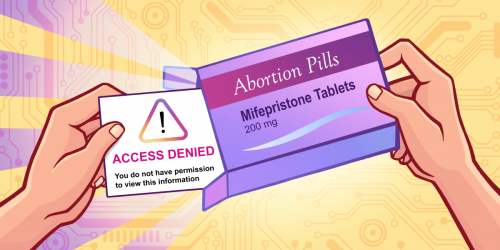With almost double the population of the United States—packed into a much smaller land area—the eleven countries of Southeast Asia are home to more than eight out of every hundred people in the world.
Two Southeast Asian countries, Indonesia and the Philippines, are in the top ten global users of Facebook. Another, Brunei, is amongst the top ten global users of Twitter. A fourth, Singapore, was the first country to offer a commercial ADSL (wired broadband) service. In this highly connected region, citizens have taken every opportunity to engage online with each other, their governments, and the rest of the world.
But it's also a region in which Internet users are increasingly under attack from the authorities simply for expressing their political opinions. In some countries, notably Thailand which has been under martial law since a military coup of May 22, the clampdown on online freedom of expression has already come to the world's attention.
In other countries it is more insidious, and too often passes under the radar of the mainstream media. Last week, the Prime Minister of Malaysia, and his party that has led Malaysia's coalition government for almost 60 years, sued an independent online news portal for defamation. The suit relates not to editorial content by the portal itself, Malaysiakini, but to comments submitted online by readers. How much less likely might this make Malaysiakini to carry critical comments from readers in the future?
This action follows on the heels of a similar lawsuit filed last month by Singaporean Prime Minister Lee Hsien Loong against the blogger Roy Ngerng. The Prime Minister claims that he was defamed by a blog post alleging corrupt use of public funds. Roy has apologized and offered a sum in settlement of the claim, but the Prime Minister has rejected the offer, and the case continues. Of course, the affair has given Roy's blog far greater publicity than it would otherwise ever have attracted.
Limitations on free online expression in Thailand did not begin with the recent coup. A month earlier, two online journalists were sued for defamation by public officials over an alleged human trafficking scandal, and last year the Prime Minister sued a political cartoonist over an unflattering comment posted to Facebook. A close cousin of defamation law, the crime of lèse-majesté, is also often used to silence critics of the Thai government, on the pretext that this amounts to defamation of the monarchy.
Like the rest of the world, Southeast Asia is subject to international human rights law, including the Universal Declaration of Human Rights (UDHR), Article 19 of which states:
Everyone has the right to freedom of opinion and expression; this right includes freedom to hold opinions without interference and to seek, receive and impart information and ideas through any media and regardless of frontiers.
Of course, the right to freedom of expression does not rule out the use of defamation law to protect the reputation of private citizens; indeed, Article 17 of the UDHR explicitly recognizes this. But in every country, defenses to defamation exist that recognize the need to balance it against the right of freedom of expression. In most countries, including all of those mentioned, this includes a defense of fair comment on a matter of public interest, to shield the expression of opinions about those in public office.
The citizens of Southeast Asian countries should be entitled to subject their public officials to such scrutiny and discussion, because that is part and parcel of the democracy that these countries purport to practice. It is through such free and robust debate that public malfeasance is uncovered, corruption cleansed, and nepotism toppled. While this has always been the case, the increasing penetration of Internet access and social media usage throughout Asia in the past decade has greatly strengthened citizens' capacity to hold public officials accountable.
In 2012, the Association of Southeast Asian Nations (ASEAN) unanimously adopted the ASEAN Human Rights Declaration, which affirms Article 19 of the UDHR on freedom of expression, and repeats it in similar language. It is time for Malaysia, Singapore, Thailand and the other countries of Southeast Asia to live up to those fine words, and stop misusing defamation law to quell public comment on the performance of governments and public officials.









